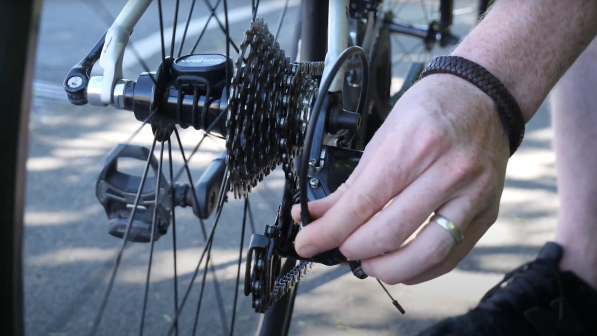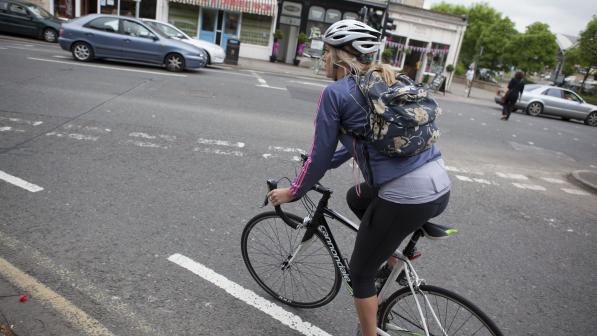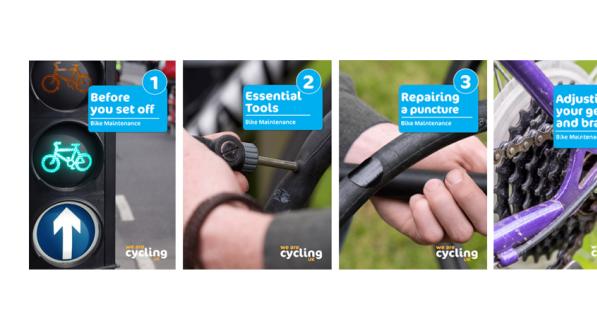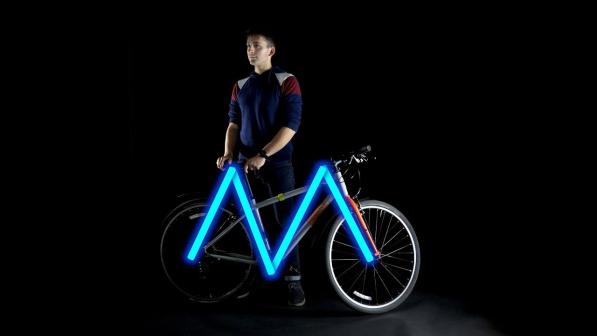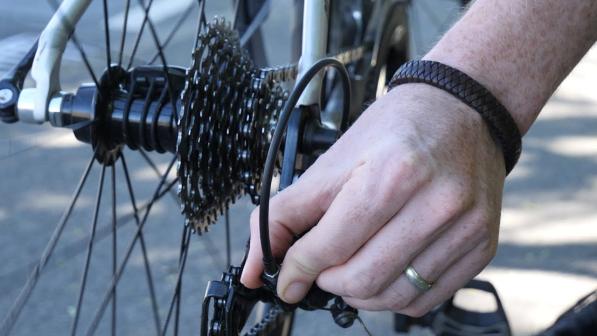Video guide: How to adjust your brakes
Over time, the tension in your brake cables may slacken, or the brake pads can wear down. This results in your brake levers pulling back too far before engaging, or in some cases, even touching the handlebars - making it difficult to stop effectively. Adjusting your brakes is a simple but essential maintenance task to keep your bike safe and responsive.
Step-by-Step guide to adjusting your brakes
1. Identify the problem
You’ll know your brakes need adjusting if:
- You have to pull the brake lever hard before getting any traction.
- The brake lever pulls back too close to the handlebars.
- The brake pads are rubbing against the rim or sitting too far from it.
2. Use the barrel adjuster


Barrel adjusters are small, threaded components found near the brake levers, the brake calipers, or both. They help fine-tune cable tension without requiring tools.
- Loosen the lock nut (if applicable): Some bikes have a larger lock nut that secures the barrel adjuster in place.
- Increase cable tension: Turn the barrel adjuster counterclockwise to move the brake pads closer to the wheel rim, improving stopping power.
- Decrease cable tension: Turn the barrel adjuster clockwise if the brake pads are too close and rubbing against the rim.
- Find the correct lever position: Winding the adjuster out tightens the brakes and moves the brake lever further from the handlebars. Winding it in reduces reach for smaller hands.
- Retighten the lock nut: Once you’ve set the correct tension, tighten the lock nut back against the brake body to secure the adjustment.
3. Fine-tune brake pad position
If one brake pad is rubbing against the rim while the other is too far away, adjust the small screws near the brake caliper:
- Turn the screw clockwise on the affected side to move the pad away from the rim.
- Turn the screw counterclockwise to move the pad closer.

4. Inspect the brake pads
While adjusting, check your brake pads for wear. Many brake pads have a wear line - if it's no longer visible, it's time to replace the pads.

Important notes:
- Some levers have barrel adjusters without locking nuts, and these typically hold their position without issue.
- Many hydraulic disc brakes do not have barrel adjusters; instead, they self-adjust as part of their working system.
- If your brake pads are severely worn, barrel adjusters alone may not be enough. In this case, further adjustments need to be made at the brake caliper, or the brake pads should be replaced.
- If you cannot properly adjust your brakes so that the lever is positioned correctly, do not ride the bike. Take it to your local bike shop for professional servicing.
By regularly maintaining your brakes and making necessary adjustments, you ensure a safer and smoother ride.
